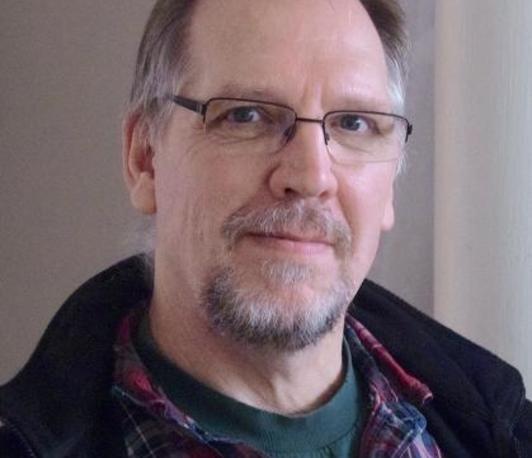Are there genes for complex behaviours? Recombination hotspots vs. supergenes
- Datum: 17.01.2023
- Uhrzeit: 10:30 - 11:30
- Vortragende(r): Jacob Höglund
- Jacob Höglund is Professor at the Department of Ecology and Genetics at Uppsala University, interested in the importance of genetic variation for the persistance of small and fragmented populations.
- Raum: ZT702 UKN + online
- Gastgeber: Max Planck Institute of Animal Behavior
- Kontakt: all.science@ab.mpg.de

I will present my work on the genetic basis of reproductive strategies in two lekking bird species: the black grouse (Tetrao tetrix) and the ruff (Philomachus pugnax). In the black grouse the work has been concentrated on the MHC-region and I present evidence that this genomic region is very variable and show signs of accumulated recombination events that have been retained to varying degrees in two different populations which vary in size and degree of isolation. This genomic region can thus be thought of as a recombination hotspot.In ruffs we used whole genome resequencing to study the genomic basis for three genetically determined reproductive strategies. We found a region with unusually high divergence among the three types of males and present evidence this region is an inversion. Locked within the inverted region are coding genes which may explain behavioural differences in plumage and behavior among the reproductive strategies. Inversions are regions characterised by suppressed recombination rates and thus can be thought of as recombination coldspots, often referred to as supergenes.I will discuss the role of genomic architecture (hotspots vs. coldspots) in understanding the genetic basis for complex behaviours in my study species as well as in a few other cases and how supergenes can explain local adaptations.
Join online on zoom!